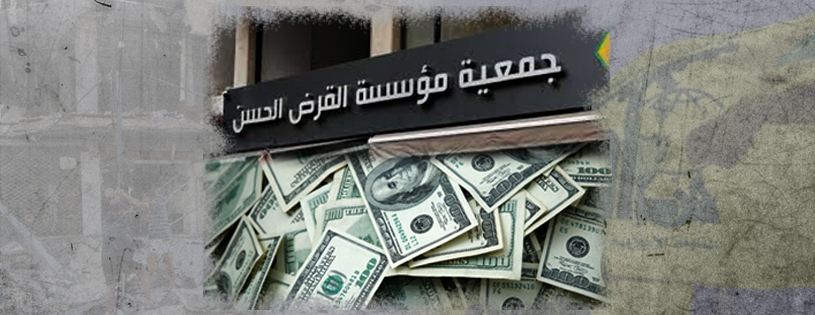
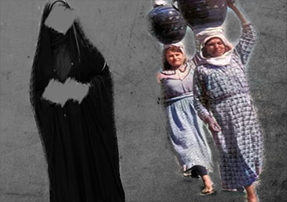
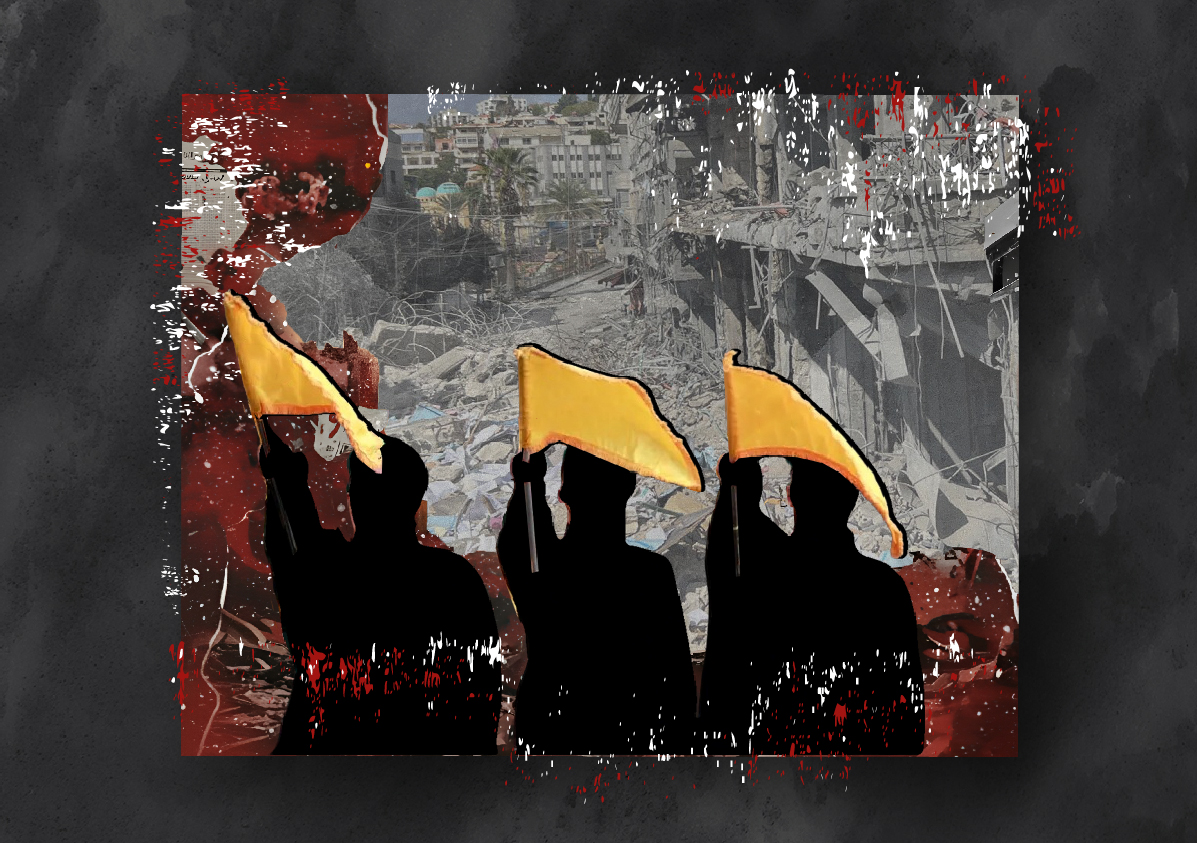
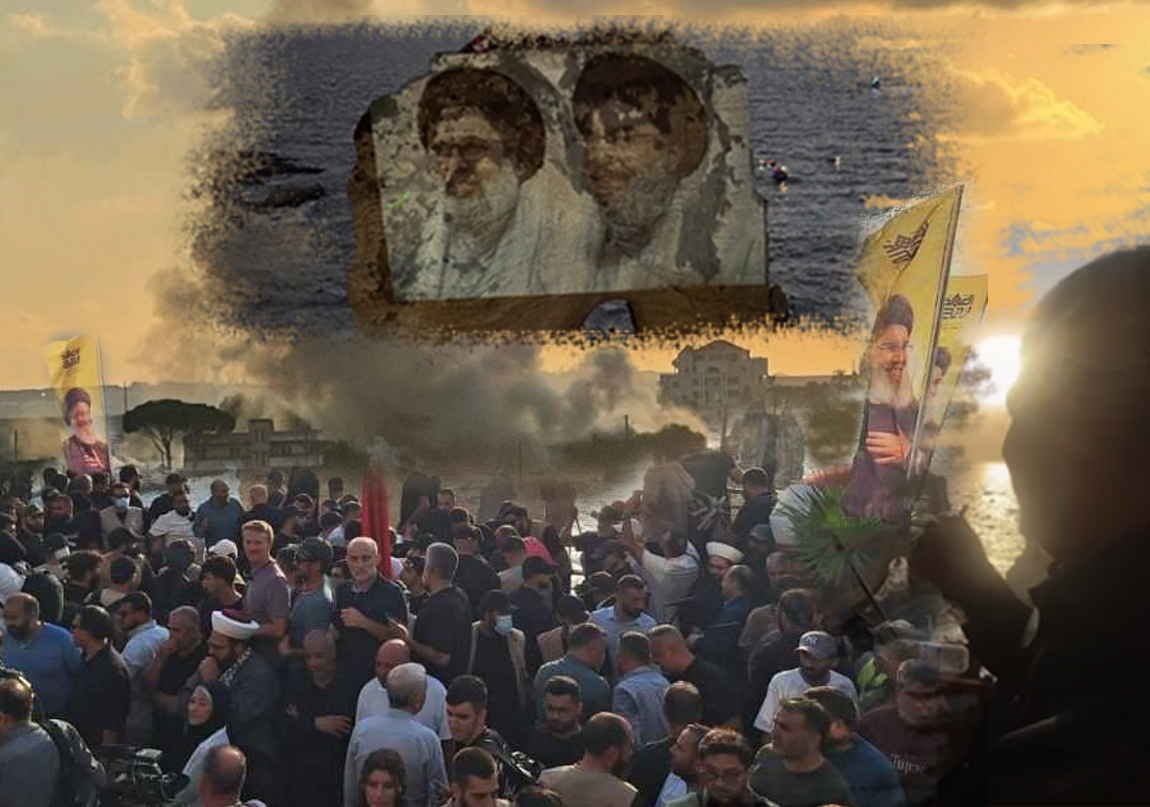
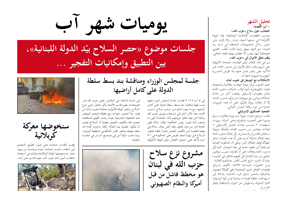
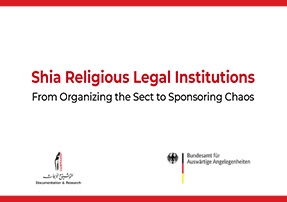
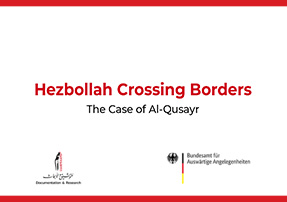
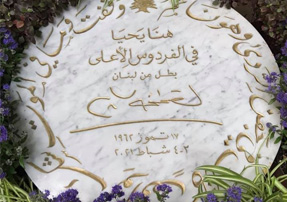
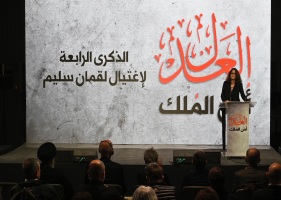
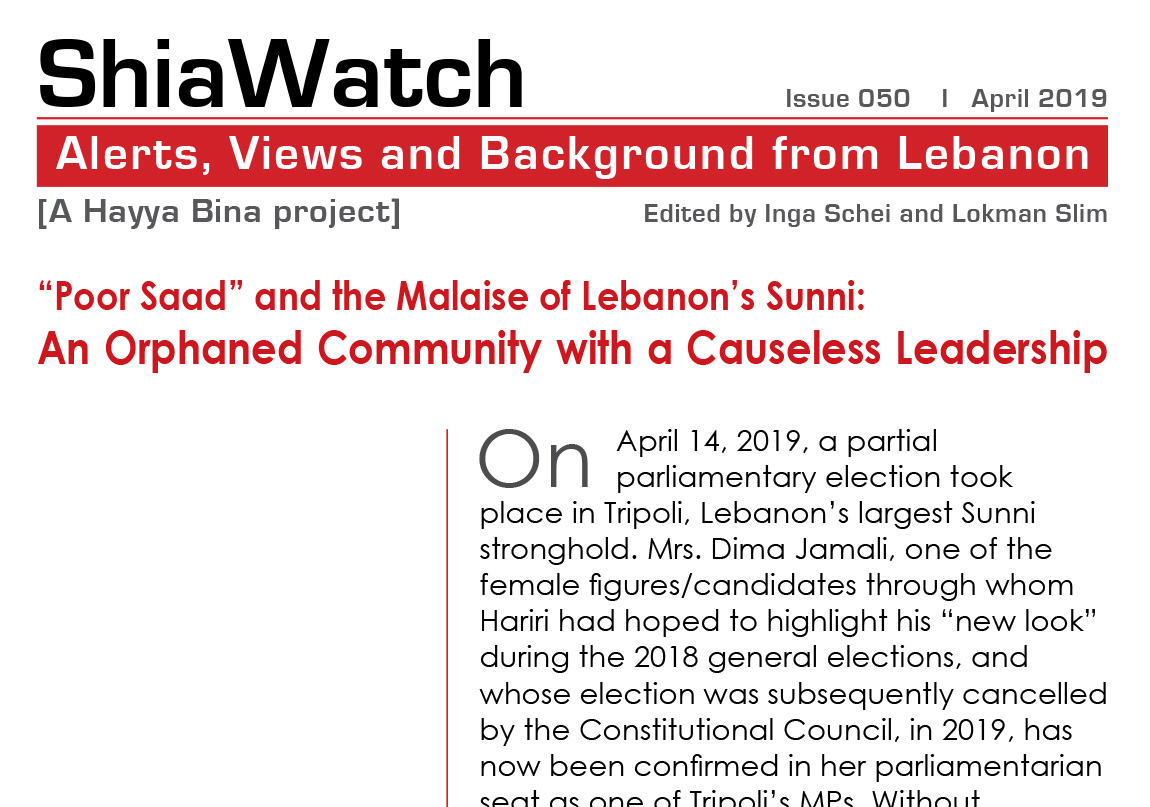
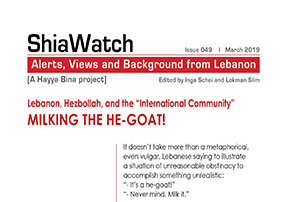
A year has passed since the great massacre and the mass displacement — that day when people’s blood was spilled, when houses exploded over their heads, when the roads narrowed and they were forced to sleep on the streets and the seafront, wandering in search of shelter. A year has passed, and nothing has changed… in fact, things have gotten worse. People live in despair, facing a constant possibility of renewed displacement. There is no prospect of return, no plan for reconstruction — as though everyone has resigned themselves to the permanence of this situation.
It is as if those who took up the banner of war, who launched it and fired its first shot, have now settled back into their true function: covering one slogan with another, blending reality with dreams and delusions — until the lighting of a rock here, the painting of a stone there, or the raising of a flag, a picture, or a statue becomes the “clear victory” and the fulfillment of people’s hopes.
The South and the Beqaa remain under fire. Israeli air raids — almost daily, expanding in scope and destruction — target infrastructure and commercial institutions, sending a clear message to those concerned: reconstruction is forbidden. Meanwhile, the one who led people into this calamity and left them this catastrophe still clings to images and symbols, stoking emotion, tension, and fanaticism with nostalgic rhetoric, fiery speeches, and motorbike parades and hashtags.
On the front page of this newspaper a year ago, as the war expanded, we wrote: “It is the Nakba… What is to be done?”
Today, the Nakba still continues. Border villages are rubble. No compensation has been paid to those whose homes were destroyed or whose livelihoods were lost. People live under constant threat and daily anxiety. In response, we see only deeper denial and the recycling of outdated slogans — long discredited by time and experience — hollow, ineffective, and devoid of meaning.
Today, yes — the catastrophe continues. No initiatives. No horizon.
We recall what we wrote then: the massacre happened; denial and arrogance are futile.
And a year after that massacre, nothing has changed — no action, only more arrogance, threats, and bluster directed both inward and outward, without deeds, while the people are abandoned to their fate.
No concern for their dignity, no effort to protect them or lift them from the daily humiliation and hardship they endure. No one compensates them for what they have lost — or what they will lose if this state of denial continues. Instead, they are “injected” daily with populist rhetoric that neither nourishes nor sustains.
It is as if people’s destiny has been reduced to the emptiness of a meaningless phrase, uttered with cold indifference:
“Siki laḥ laḥ.”